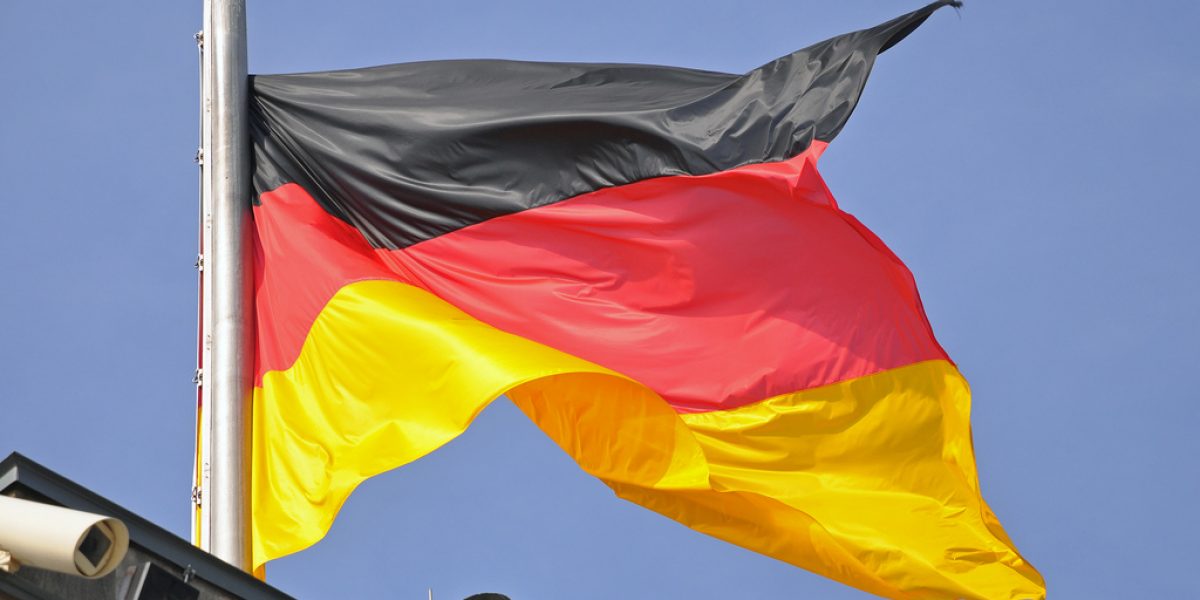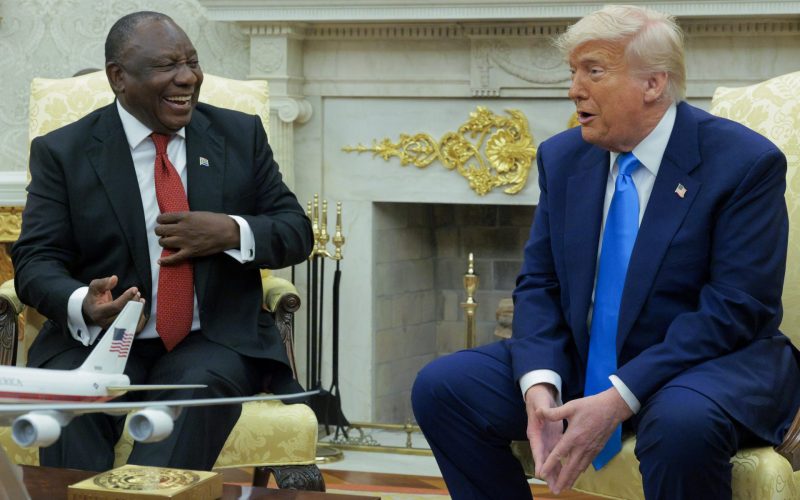When Chancellor Gerhard Schröder came to power in 1998, he promised to cut unemployment to below 3,5-million. Seven years later, German unemployment is the highest in the euro zone. In AT Kearney’s 2005 globalisation index, Germany did not feature in the top 20 globalised economies, and dropped from 21st to 23rd on this year’s world competitiveness scoreboard. During 2003, Schröder implemented a range of reforms under the umbrella of the 2010 Agenda, which directly addressed public pension payments, health care and various benefit changes. In addition, Schröder’s Hartz IV policies aimed to rectify surging unemployment through labour market reform. They were largely unsuccessful, although they may have required more time to realise results.
If Schröder’s Social Democrats (SPD) are re-elected, they promise to reduce corporate taxes from 25% to 19%, institute an additional 3% tax on incomes above €250000 a year, and increase state expenditure €2bn for the development of roads and railways.
The Christian Democratic Union (CDU), until recently the mostly likely victor in the elections, proposes a more flexible labour market, less bureaucracy, more foreign direct investment, the lowering of wage incidentals and the creation of a simpler tax system. Top personal income tax rates will, for example, fall to 39% from 42% by 2007, value-added tax will be raised from 16% to 18% so as to cut unemployment insurance to 4,5% of wages, and there will be no job protection for new recruits in small businesses with fewer than 20 workers.
The CDU’s Angela Merkel may not embark on a Thatcherite revolution but bold social and economic reforms are needed if Germany and other regulated economies such as France are to reverse their growing competitiveness deficit with Europe and globally.
The CDU may gain more than 40% of the vote, which would make Merkel Germany’s first female chancellor. But opinion polls show that the SPD has narrowed the CDU’s lead. Should Merkel not win an outright majority with her Free Democratic Party (FDP) partners, there are two other possible scenarios — a “grand coalition” with the SPD, which may make bold reforms difficult, or a left-wing coalition between the SPD, the Greens and the new Left Party.
So far, Merkel’s foreign agenda has been marked by some scepticism towards European Union enlargement, particularly in the case of Turkey — the CDU prefers a “privileged partnership” with Turkey rather than full membership. Merkel and Wolfgang Gerhardt of the FDP, her most likely foreign minister, are more Atlanticist than Schröder.
While some question whether Merkel’s ascendancy might see an end to the Franco-German axis in the European Union (EU), she visited France in July and met senior French officials, including Nicolas Sarkozy, the potential successor to French President Jacques Chirac.
Merkel also shares a good relationship with Britain — agreeing with many of the UK’s views on European economic reform. She also promises to give the smaller EU members more attention.
While recognising Russia as a “strategic partner”, she is also expected not to ignore Poland’s strained relations with Moscow, and has said that “there must be no decisions concerning relations with Russia taken over the head of Poland”.
Whoever wins, Germany’s policy towards Africa is not expected to change much. The recent initiatives by Germany, such as its contribution to the Group of Eight (G-8) Africa Action Plan, have broad political support.
Germany has substantial trade, investment and aid links with Africa. It remains one of the most important trading partners for most African countries.
In 2003-04, trade between Germany and Africa totalled €23bn, of which €12,3bn represented German exports. However, Africa continues to be marginal in German foreign trade, accounting for only 2% of its exports.
Moreover, sub-Saharan Africa attracted only 9,5% of new German foreign direct investment going to Africa in 2001 (€194m) and 10,6% (€134m) in 2002. In 2002, the bulk of new foreign direct investment went to Libya (€997m), Egypt (€79m) and SA (€96m).
Germany invests an annual sum of about €1,5bn in development co-operation to Africa. According to the Organisation for Economic Co-operation and Development, during 2002 and 2003 Germany was the fourth-largest international donor of official development assistance. This amounts to 0,28% of its gross national product. The EU-15 has pledged to work towards a target of 0,39% by next year. Both the SPD and the CDU have prioritised development assistance to Africa and agreed to pledge 0,7% of their gross domestic product to official development assistance by 2015.
SA is Germany’s most important trading partner in Africa. Germany’s volume of exports to SA has doubled in the past decade. Germany is SA’s largest supplier of imports, totalling €4,8m in 2003, particularly in capital goods and technology. Germany also ranks second as a purchaser of SA’s exports in Europe after the UK, with a total of €2,28m in 2003.
Germany faces substantial challenges domestically. While it remains committed to its development agenda in Africa, that may come under pressure if a new government does not manage to remould Germany into a more flexible economy able to compete within the broader EU context and with new emerging powers such as China and India. For Africa, this is particularly relevant, given Germany’s chairing of the G-8 in 2007.
Business Day






